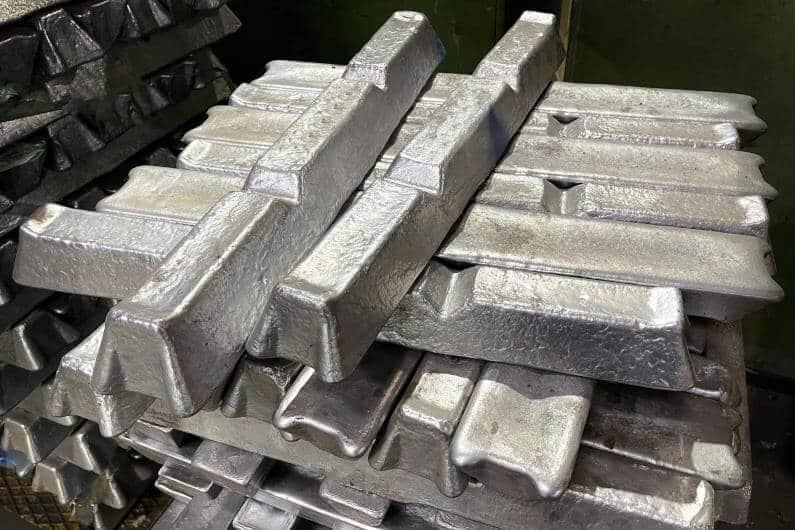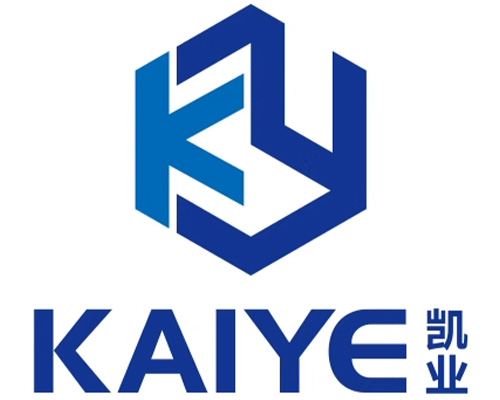Choosing the right casting metal helps ensure the cost-effectiveness of the process, the overall quality and durability of the metal casting. The materials used during the die casting process are critical to determining the success of the project and achieving the desired product characteristics.

Aluminum alloy
Aluminum is a major and very economical die-casting material composed of magnesium, copper, and silicon. Aluminum-based die-cast alloys offer a variety of properties that make them ideal for aerospace, automotive and consumer product applications. They offer an excellent strength-to-weight ratio, resistance to temperature fluctuations and high machinability. The excellent plasticity of aluminum alloys makes them easy to process into different profiles with good thermal/electrical conductivity and corrosion resistance. Although these alloys are more expensive than zinc-based alloys, their advantages more than make up for the higher cost. There are many aluminum alloys that are compatible with die casting.
A360: This alloy is often used by manufacturers in aluminum die casting due to its excellent air tightness and good corrosion resistance. It is best suited for casting parts with high strength and toughness requirements, such as gearboxes and engine blocks.
A380: Aluminum Alloy 380 is a versatile aluminum alloy with excellent dimensional stability, excellent corrosion resistance, strength and ductility. It is an aluminum alloy commonly used in die casting and is suitable for manufacturing parts with complex shapes and thin wall thickness requirements. Widely used in manufacturing engine mounts, gearboxes, power tools, handles, electronic housings, etc.
A413: This alloy offers excellent corrosion resistance and high strength, making it ideal for die casting. Die-cast components made from aluminum alloy 413 can withstand harsh environments. This alloy is used in the marine and automotive industries.
A443: 443 aluminum alloy has the best ductility among aluminum alloys for die casting. It is ideal for producing different products for the consumer goods industry. Most notably, components require plastic deformation after casting.
Zinc alloy
Due to the low cost of raw materials, a large proportion of die-cast products are made of zinc alloy. Zinc-based alloys make manufacturing easy because they are compatible with hot chamber die casting. Zinc castings have excellent corrosion resistance, ensuring their service life. Zinc's good thermal conductivity makes it ideal for mass production of die castings. Likewise, zinc alloys offer greater advantages, including excellent ductility, impact strength, hardness, and good plating compatibility. Zinc alloys have a variety of applications, including interior automotive under-the-hood and interior trim components.
Zamak 2: This alloy contains additional copper and costs slightly more than other zinc alloys. However, the high strength of this zinc alloy makes it suitable for applications requiring metal castings with high strength requirements.
Zamac 3: It has good strength, corrosion resistance, ductility and dimensional stability and is a general-purpose zinc alloy commonly used in die casting. Zamak 3 alloy is suitable for manufacturing parts with complex shapes, thin walls and other complex specifications. Ceiling fans and plumbing components are typical applications for this zinc alloy.
Zamak 5: This alloy has higher strength and hardness than Zamak 3. Therefore, it is ideal for manufacturing castings with higher load-bearing capacity. Manufacturers frequently use Zamak 5 alloy to make parts for the automotive and consumer products industries.
ZA-8: It has high strength and significant impact resistance. Therefore, it is often used to cast parts that are subject to greater stresses and loads. Automotive and aerospace applications are typical uses for the ZA-8.
Magnesium alloy
Magnesium is another key material used in die casting. It contains aluminum, silicon, manganese and zinc elements. Not only is it lightweight, it is also highly machinable and recyclable. Therefore, it is ideal for manufacturing products that require post-processing or surface finishing after casting. They are also suitable for manufacturing parts with particularly thin walls. Magnesium alloys are more commonly used in die casting operations than aluminum because they are compatible with the hot chamber die casting process. These alloys offer high dimensional accuracy and stability and can withstand high operating temperatures. However, magnesium alloys require specialized equipment and expertise because casting them into different parts can be challenging. Magnesium-based alloys are less stable and tend to bend under pressure. Additionally, its high melting point makes it more expensive than other materials used in die casting.
AS41B: It is a unique and rare high temperature resistant magnesium alloy. It also has excellent corrosion and creep resistance.
AM60: This alloy has good castability, ductility, strength and vibration damping properties. Therefore, it is ideal for manufacturing automotive components such as seat frames and panels.
AZ91D: This is the most widely used magnesium die-cast alloy. It offers a unique combination of mechanical properties, castability and corrosion resistance.
Copper alloy
Copper alloys are suitable for different die-casting applications because of their excellent corrosion resistance and high strength and hardness. However, their low strength and high cost factors make them a less commonly used material in die casting. Because copper alloys are highly susceptible to cracking, they are not often used in die casting like other materials. Due to the high melt temperature requirements, it creates high thermal shock in the mold. Standard die-cast copper materials include C17200, C99710, C87500, C99700, C95800 and C99710.

